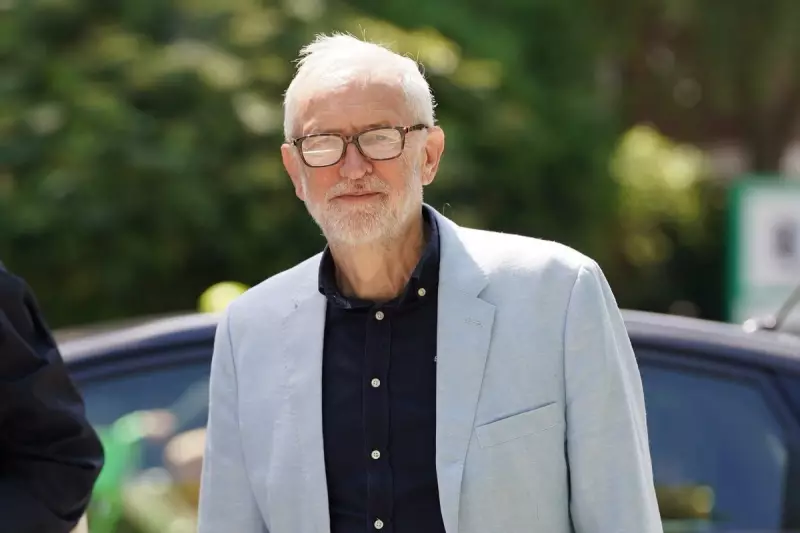
In a striking political intervention, former Scottish First Minister Nicola Sturgeon has issued a direct challenge to Jeremy Corbyn, asserting that his political movement must fundamentally embrace Scottish independence to achieve meaningful progressive change across Britain.
The seasoned SNP politician delivered her candid assessment during a wide-ranging interview, suggesting that Corbyn's ideological project cannot succeed while Scotland remains "tethered to a Conservative UK government it doesn't vote for."
A Strategic Political Calculation
Sturgeon's comments represent more than mere partisan rhetoric—they underscore a calculated strategic push to influence Labour's positioning on one of the most divisive constitutional questions in modern British politics.
"For those who want to see progressive change across the UK," Sturgeon argued, "the reality is that Scotland being independent would make that more likely, because we wouldn't have Tory governments we don't vote for holding us back."
The Constitutional Stalemate
The former First Minister's intervention highlights the continuing constitutional stalemate that has defined UK politics since the 2014 independence referendum. Despite Scotland voting to remain in the Union, the subsequent Brexit vote—which saw Scotland vote Remain while England voted Leave—reignited the independence debate.
Sturgeon positioned independence not as separation but as necessary political evolution: "It's about Scotland being able to make its own choices and not having things done to us."
Labour's Constitutional Dilemma
The appeal places Corbyn and the broader Labour movement in a difficult position. While many on the Labour left share Sturgeon's progressive goals, the party remains formally committed to maintaining the Union.
Sturgeon's challenge essentially asks Labour to choose between traditional unionist loyalties and what she presents as the only viable path to achieving their shared progressive objectives.
This development comes amid ongoing debates about Scotland's place in the Union and follows recent electoral performances that have seen the SNP maintain its dominant position in Scottish politics while Labour struggles to regain ground lost since the 2014 independence referendum.





